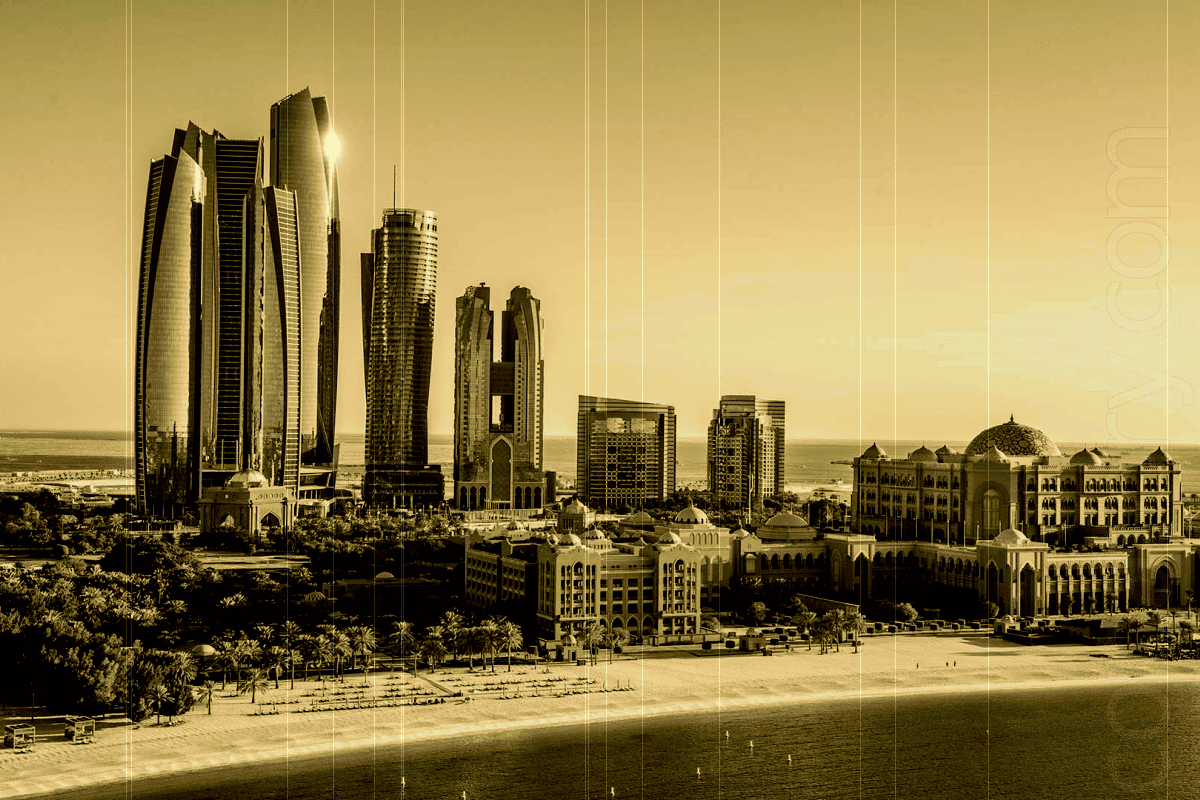
In a landmark move poised to reshape the financial landscape of the United Arab Emirates, three of Abu Dhabi’s most powerful institutions have announced plans to launch a dirham-pegged stablecoin, pending regulatory approval.
The sovereign wealth fund ADQ, the nation’s largest bank, First Abu Dhabi Bank (FAB), and the sprawling conglomerate International Holding Company (IHC) have forged a strategic partnership to introduce the stablecoin. According to a joint statement issued on April 28, the stablecoin will be fully backed by the Emirati dirham and regulated by the Central Bank of the UAE.
This initiative aims to position the UAE as a global leader in blockchain innovation while reinforcing its digital financial infrastructure, ADQ stated. The stablecoin, if approved, will be deployed on the ADI blockchain, developed by the ADI Foundation — a nonprofit organization committed to advancing blockchain adoption among established financial institutions and governments.
Founded in 2018, ADQ focuses on investments in critical infrastructure and global supply chains. Meanwhile, IHC, valued at over $243 billion, stands among the UAE’s largest investment firms, maintaining close ties to Abu Dhabi’s ruling family. FAB, formed through the 2017 merger of First Gulf Bank and National Bank of Abu Dhabi, represents the largest banking entity in the country.
The proposed stablecoin will not only serve traditional financial purposes but also enable advanced applications such as machine-to-machine transactions and artificial intelligence integration.
The announcement comes amid a global surge of interest in non-USD-backed stablecoins. The total market capitalization of US dollar-pegged stablecoins surpassed $230 billion in April, marking a 54% year-over-year growth, with Tether (USDT) and USD Coin (USDC) controlling nearly 90% of the sector.
Other nations are exploring their own initiatives. In Russia, the Ministry of Finance has proposed a national stablecoin following US-led sanctions impacting wallets tied to the Russian exchange Garantex. Despite these efforts, a recent Citigroup report forecasts that the bulk of the stablecoin market will continue to be US dollar-dominated, with most non-US efforts focusing on national or central bank digital currencies (CBDCs).
Abu Dhabi’s new stablecoin project could mark a critical step in diversifying the global stablecoin landscape, potentially establishing the UAE as a blockchain innovation hub.







